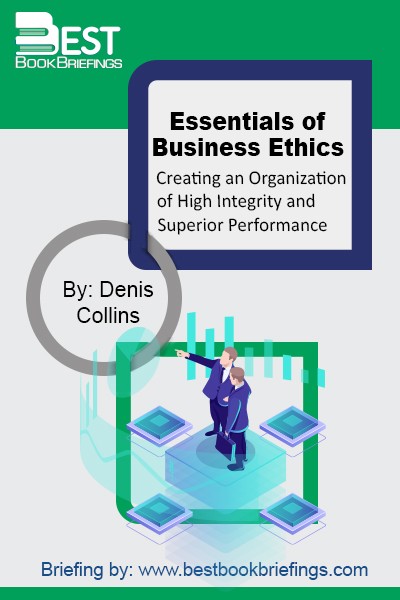Essentials of Business Ethics
Creating an Organization of High Integrity and Superior Performance
Number of pages: 208
Publisher: Wiley
BBB Library: Corporate Success, Operations Management
ISBN: 9780470442562
Editorial Review
Organizations of high integrity achieve superior performance because they attract and retain high-quality employees, customers, suppliers and investors. Creating organizations of high integrity takes time and effort. This does not happen automatically, because human beings are not morally perfect. Unethical employees, customers, suppliers and investors can prevent organizations from achieving high integrity and superior performance. In addition, unethical organizations can be profitable in the short term, not the long term. So how do you create an ethical organization? This book, which is based on more than two decades of consulting, teaching, and researching, contains all the things I would do if I were the CEO. This book is a managerial how-to manual that can be implemented immediately.
Book Reviews
Books on Related Topics
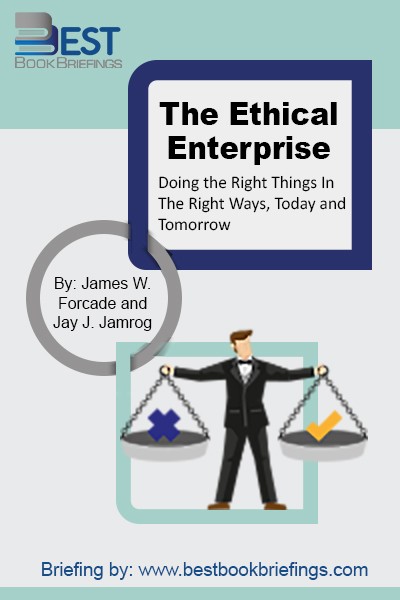
If you put the words history of business ethics into a search engine on the Internet, you can come up with more than 34,000,000 hits in 0.18 of a second. Most of those hits would focus on the scandals that occurred in the last 30 years only. That’s when the idea
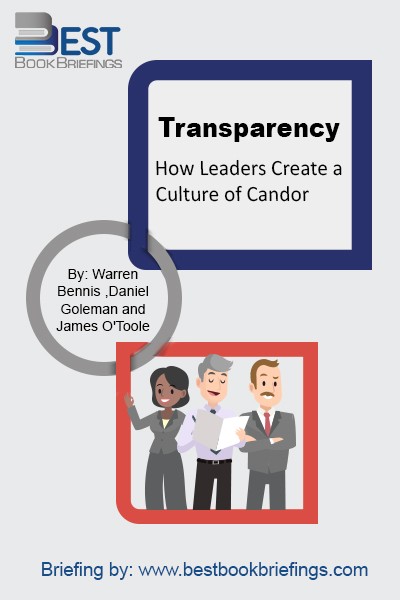
This work exposes the biggest challenge in leadership. The authors look at what conspires against a culture of candor in organizations to create disastrous results, and suggest ways that leaders can achieve healthy and honest openness.

Bringing to life seminal research that identifies the characteristics that define expert or elite performers, 5 Steps to Expert is the first to provide a sequential set of deliberate practice steps for all those who aspire to advance from their current competency to the next stage of mastery--and for those who coach and
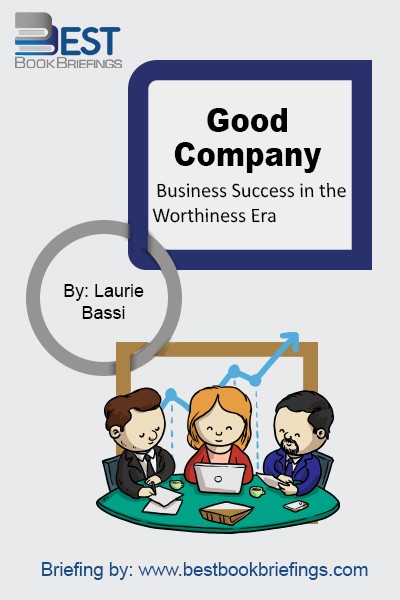
We’re losing patience with bad companies. We’re fed up with tainted food, tightfisted employers, and “corporate social responsibility” that is more marketing spin than true caring for our communities. Society hasn’t given up on capitalist corporations. We rely on companies for the basic necessities of food, clothing, and shelter, as well
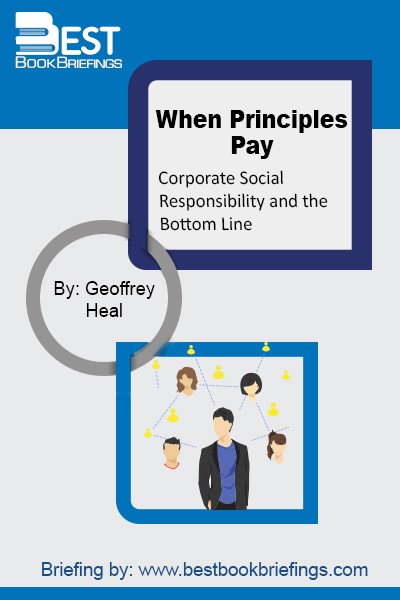
Capitalism was successful at generating income and economic growth but often at the expense of the natural environment. Now things are changing: we can see the outline of a new system in which we can enjoy the undoubted benefits of a competitive market economy without the environmental costs. It is a
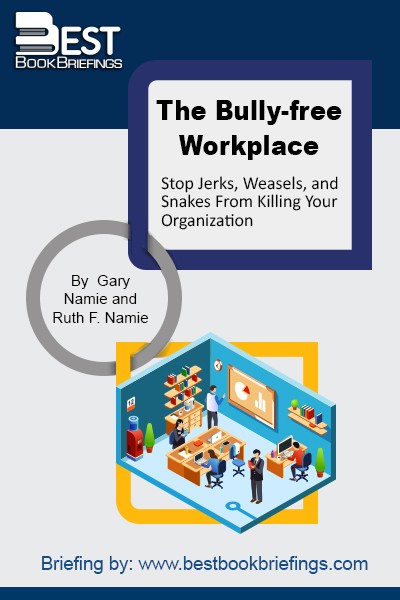
The Bully-Free Workplace delivers a thoughtful and detailed plan to stop weasels, jerks, and snakes from killing your organization. Written by pioneers of workplace bullying, Drs. Gary & Ruth Namie, this book tells you why and how to create an explicit policy against bullying. It appeals to those managers who value
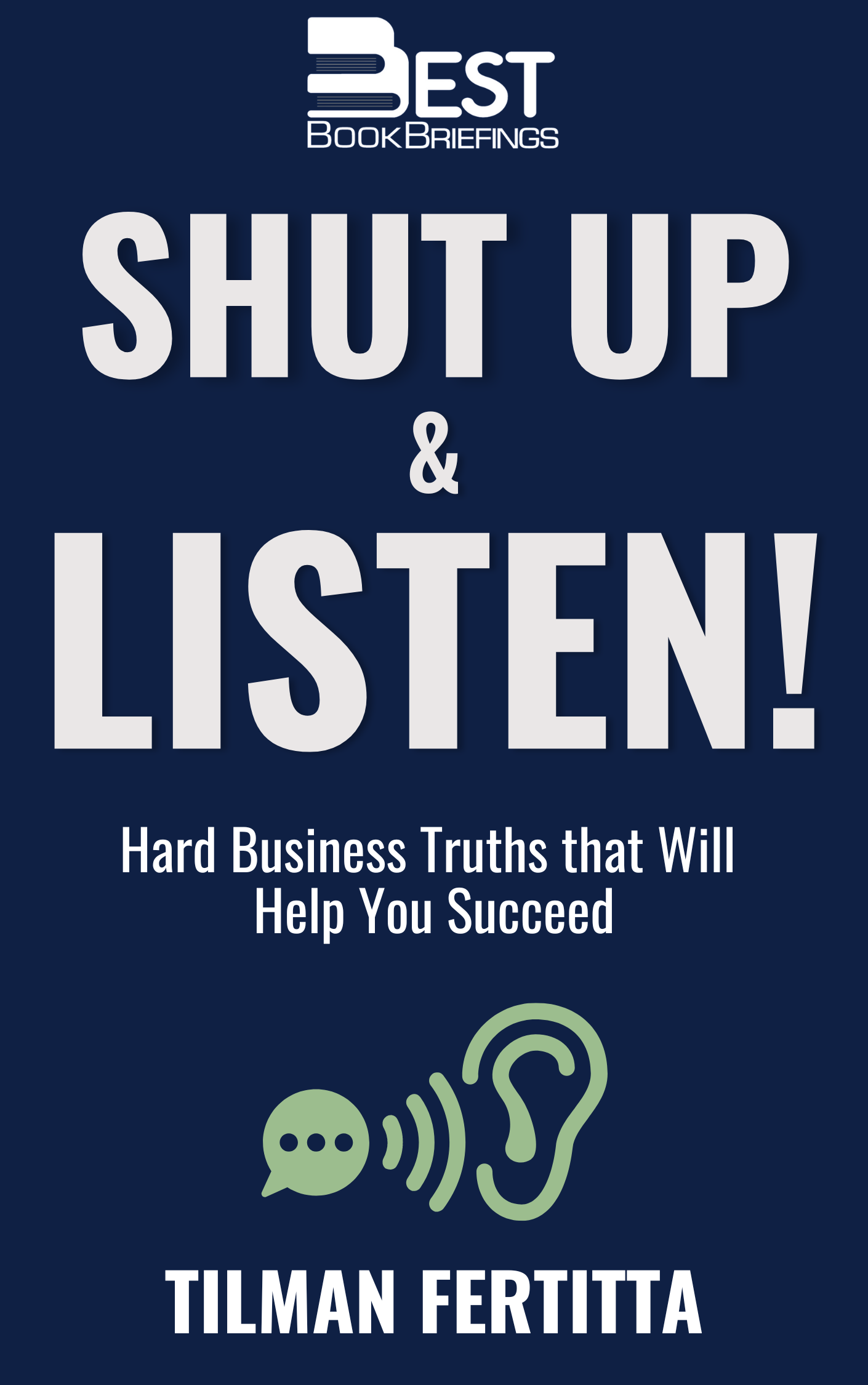
Tilman Fertitta, also known as the Billion Dollar Buyer, started his hospitality empire thirty years ago with just one restaurant. Over the years, he’s stayed true to the principles that helped him build the largest single-shareholder company in America, with over $4 billion in revenue, including hundreds of restaurants (Landry’s Seafood,

